
Albert Einstein was a German-born theoretical physicist who is widely held to be one of the greatest and most influential scientists of all time. Best known for developing the theory of relativity, Einstein also made important contributions to quantum mechanics, and was thus a central figure in the revolutionary reshaping of the scientific understanding of nature that modern physics accomplished in the first decades of the twentieth century. His mass–energy equivalence formula E = mc2, which arises from relativity theory, has been called "the world's most famous equation". He received the 1921 Nobel Prize in Physics "for his services to theoretical physics, and especially for his discovery of the law of the photoelectric effect", a pivotal step in the development of quantum theory. His work is also known for its influence on the philosophy of science.

David Hilbert was a German mathematician and one of the most influential mathematicians of the 19th and early 20th centuries. Hilbert discovered and developed a broad range of fundamental ideas including invariant theory, the calculus of variations, commutative algebra, algebraic number theory, the foundations of geometry, spectral theory of operators and its application to integral equations, mathematical physics, and the foundations of mathematics.
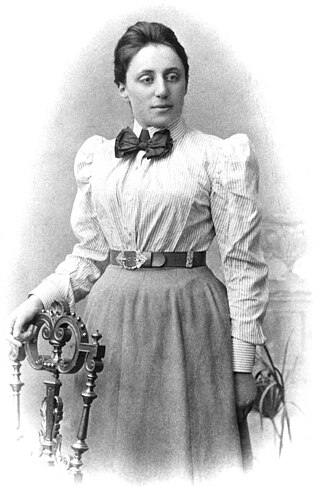
Amalie Emmy Noether was a German mathematician who made many important contributions to abstract algebra. She proved Noether's first and second theorems, which are fundamental in mathematical physics. She was described by Pavel Alexandrov, Albert Einstein, Jean Dieudonné, Hermann Weyl and Norbert Wiener as the most important woman in the history of mathematics. As one of the leading mathematicians of her time, she developed theories of rings, fields, and algebras. In physics, Noether's theorem explains the connection between symmetry and conservation laws.
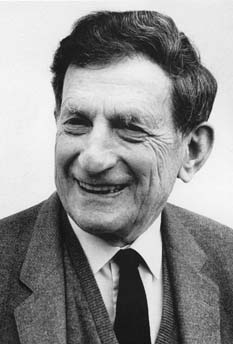
David Joseph Bohm was an American–Brazilian–British scientist who has been described as one of the most significant theoretical physicists of the 20th century and who contributed unorthodox ideas to quantum theory, neuropsychology and the philosophy of mind. Among his many contributions to physics is his causal and deterministic interpretation of quantum theory known as De Broglie–Bohm theory.

Mileva Marić, sometimes called Mileva Marić-Einstein, was a Serbian physicist, mathematician, and the first wife of Albert Einstein from 1903 to 1919. She was the only woman among Einstein's fellow students at Zürich Polytechnic. Marić and Einstein were study colleagues and lovers, and had a daughter Lieserl in 1902, who likely died of scarlet fever at one and a half years old. They later had two sons, Hans Albert and Eduard.

Princeton University Press is an independent publisher with close connections to Princeton University. Its mission is to disseminate scholarship within academia and society at large.
Philip Khuri Hitti was a Lebanese-American professor and scholar at Princeton and Harvard University, and authority on Arab and Middle Eastern history, Islam, and Semitic languages. He almost single-handedly created the discipline of Arabic studies in the United States. His grandniece was the now deceased NASA astronaut and schoolteacher Christa McAuliffe.

Fritz Alexander Ernst Noether was a Jewish German mathematician who emigrated from Nazi Germany to the Soviet Union. He was later executed by the NKVD.
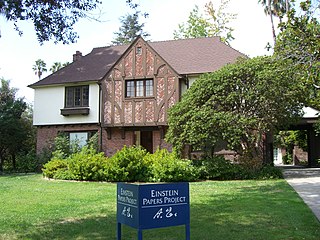
The Einstein Papers Project (EPP) produces the historical edition of the writings and correspondence of Albert Einstein. The EPP collects, transcribes, translates, annotates, and publishes materials from Einstein's literary estate and a multitude of other repositories, which hold Einstein-related historical sources. The staff of the project is an international collaborative group of scholars, editors, researchers, and administrators working on the ongoing authoritative edition, The Collected Papers of Albert Einstein (CPAE).
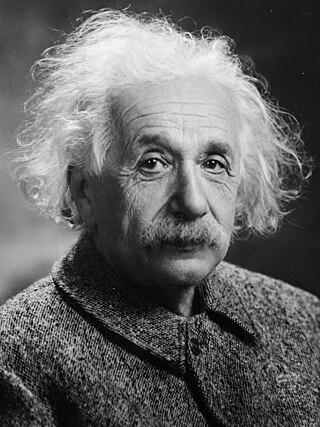
Albert Einstein (1879–1955), a German-born scientist, was predominantly known during his lifetime for his development of the theory of relativity, his contributions to quantum mechanics, and many other notable achievements in modern physics. However, his political views also garnered much public interest due to his fame and involvement in political, humanitarian, and academic projects around the world.
"Why Socialism?" is an article written by Albert Einstein in May 1949 that appeared in the first issue of the socialist journal Monthly Review. It addresses problems with capitalism, predatory economic competition, and growing wealth inequality. It highlights control of mass media by private capitalists making it difficult for citizens to arrive at objective conclusions, and political parties being influenced by wealthy financial backers resulting in an "oligarchy of private capital". Einstein concludes that these problems can only be corrected with planned economy which maintains a strong democracy to protect the rights of individuals.

Falastin was an Arabic-language Palestinian newspaper. Founded in 1911 in Jaffa, Falastin began as a weekly publication, evolving into one of the most influential dailies in Ottoman and Mandatory Palestine.
Labor Zionism or socialist Zionism refers to the left-wing, socialist variation of Zionism. For many years, it was the most significant tendency among Zionists and Zionist organizations, and was seen as the Zionist sector of the historic Jewish labour movements of Eastern Europe and Central Europe, eventually developing local units in most countries with sizable Jewish populations. Unlike the "political Zionist" tendency founded by Theodor Herzl and advocated by Chaim Weizmann, Labor Zionists did not believe that a Jewish state would be created by simply appealing to the international community or to powerful nations such as the United Kingdom, Germany, or the former Ottoman Empire. Rather, they believed that a Jewish state could only be created through the efforts of the Jewish working class making aliyah to the Land of Israel and raising a country through the creation of a Labor Jewish society with rural kibbutzim and moshavim, and an urban Jewish Proletariat.
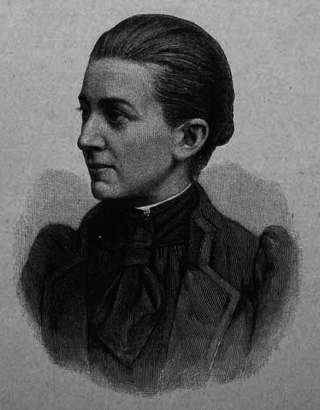
Maria von Linden was a German bacteriologist and zoologist.
Werner Weber was a German mathematician. He was one of the Noether boys, the doctoral students of Emmy Noether. Considered scientifically gifted but a modest mathematician, he was also an ardent Nazi, who would later take part in driving Jewish mathematicians out of the University of Göttingen.
Gerlind Plonka-Hoch is a German applied mathematician specializing in signal processing and image processing, and known for her work on refinable functions and curvelets. She is a professor at the University of Göttingen, in the Institute for Numerical and Applied Mathematics.
Georg Glaeser is an Austrian mathematician, a professor for mathematics and geometry at the University of Applied Arts Vienna. He has written books on computer graphics and biology in relation to mathematics and geometry.
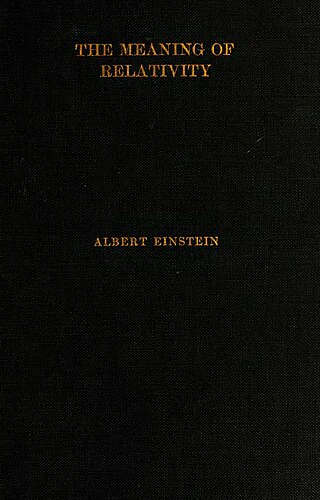
The Meaning of Relativity: Four Lectures Delivered at Princeton University, May 1921 is a book published by Princeton University Press in 1922 that compiled the 1921 Stafford Little Lectures at Princeton University, given by Albert Einstein. The lectures were translated into English by Edwin Plimpton Adams. The lectures and the subsequent book were Einstein's last attempt to provide a comprehensive overview of his theory of relativity and is his only book that provides an accessible overview of the physics and mathematics of general relativity. Einstein explained his goal in the preface of the book's German edition by stating he "wanted to summarize the principal thoughts and mathematical methods of relativity theory" and that his "principal aim was to let the fundamentals in the entire train of thought of the theory emerge clearly". Among other reviews, the lectures were the subject of the 2017 book The Formative Years of Relativity: The History and Meaning of Einstein's Princeton Lectures by Hanoch Gutfreund and Jürgen Renn.

Intellectual Mastery of Nature: Theoretical Physics from Ohm to Einstein is a two-volume reference work on the history of theoretical physics by Christa Jungnickel and Russell McCormmach that was initially published in 1986 by the University of Chicago Press. The book was well received, and it won the 1987 Pfizer Award, given annually by the History of Science Society. In 2017, the duo released a revised and condensed version of the book through Springer International Publishing, titled The Second Physicist: On the History of Theoretical Physics in Germany. The authors also wrote the 1996 and updated 1999 biography of Henry Cavendish, originally titled Cavendish. The book was given the subtitle The Experimental Life in the revised version of 1999.
Tilman Sauer is a German theoretical physicist and historian of the natural sciences. He has an international reputation as an expert on the history of the development of general relativity theory.













